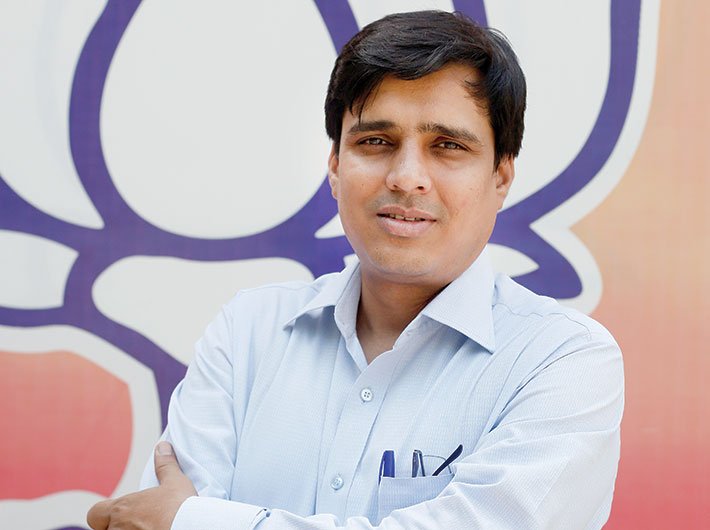How important a role do you see cloud playing while the government looks to transform IT as a means towards goals like Digital India?
Traditional models of IT delivery are not in tune with changing times, especially when India is looking ways to go paperless and digital. In such a dynamic environment, seamless and timely flow of information is the need of the hour, which the cloud technology is capable of. Governments across the world are on the lookout to host data on the cloud. Meghdhoot, Digital Locker and Meghraj are prime examples of the Indian government’s cloud-based initiatives. Given the limitations in scaling of National Informatics Centre and state data centres, the department of electronics and IT (DeitY) is aggressively working on accreditation of cloud service providers that will be used by central and state government departments and banks, for various e-services.
The Digital Locker concept initiated under the Digital India programme empowers a citizen to store his identification documents in a single account using Aadhaar, which can be accessed online from anywhere in India. This citizen service has been possible because of cloud technology. Citizen-centric services at such massive scale can only be made possible using cloud technology.
How do you envisage cloud as an enabler and as a catalyst for government-to-citizen services?
With smartphones in every hand and with more and more people getting access to the internet, cloud technology will form the underlying bedrock for a majority of citizen services. There is no doubt that cloud-based solutions are enablers as well as catalysts for the Digital India programme. Technology used by the government in the past was mainly focussed on the government-to-government services and it was not possible to open access to the citizen as the in-house data centres of government were never designed to allow internet access.
With the Meghraj cloud initiative, citizens will be able to connect to their relevant data and the government-to-citizen interactions will get facilitated over the internet. Cloud will be playing the role of a catalyst in facilitating G2C communication. Cloud computing can also help in bringing the cost down for the entire IT services deployment as one may not need to provision servers and storages at each site. The same can be safely tucked into data centres where the economies of scale would bring down the costs.
Which are the key inhibitors for cloud adoption in your opinion and which of those would you consider addressing on a priority basis?
In my opinion, data security is the most critical inhibitor to be addressed. To make cloud adoption successful, it is important that citizen services are safe, secure and trustworthy. This would require ensuring global standards and best practices for securing data, back up processes etc. and not just physical protection.
If the applications were to be hosted on cloud data centres located within the country, would that address the concerns around security and compliance?
Absolutely. Keeping data centres within our reach would only help in making the whole ecosystem transparent, secured and independent of any external leakages. However, while it may assuage concerns arising out of jurisdiction of laws when data is at rest, it still doesn’t guarantee complete protection when data is in motion. The open architecture or internet allows data to traverse multiple hops and locations, often crossing many territories and regions, before reaching its destination. Sensitive data should be locally stored, but provisions should also be made to ensure data originating from India and with a destination address in India should not pass through gateways and servers located outside India. The Make in India programme may be used to promote manufacturing of indigenous data centres and solutions for a progressive India.

